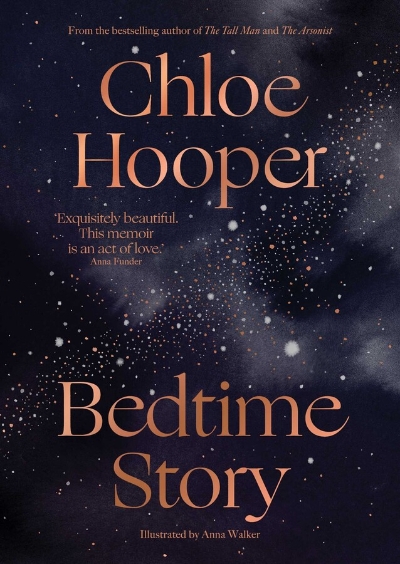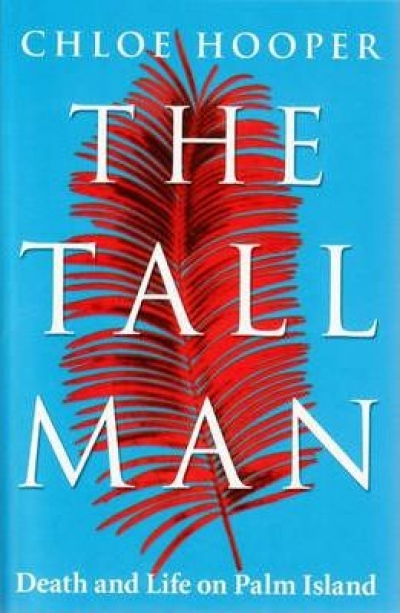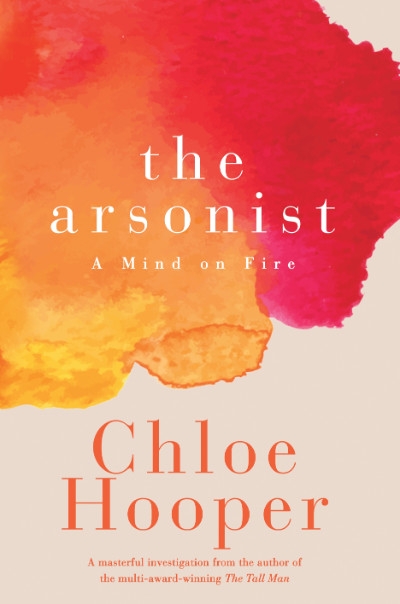Chloe Hooper
Chloe Hooper is the author of The Arsonist: A mind on fire and The Tall Man: Death and life on Palm Island and two novels, A Child’s Book of True Crime and The Engagement. Her most recent book is Bedtime Story.
... (read more)The Tall Man by Chloe Hooper & Gone For A Song by Jeff Waters
by David Trigger •
One morning in 2004, an Aboriginal man named Cameron Doomadgee was arrested for swearing at a police officer; forty-five minutes later he lay dead on the floor of his cell. Something had gone badly wrong, though the white senior sergeant on duty, the towering Chris Hurley, denied he was in any way at fault.
... (read more)A Children's Book of True Crime by Chloe Hooper & Regret by Ian Kennedy Smith
by Bronte Adams •






